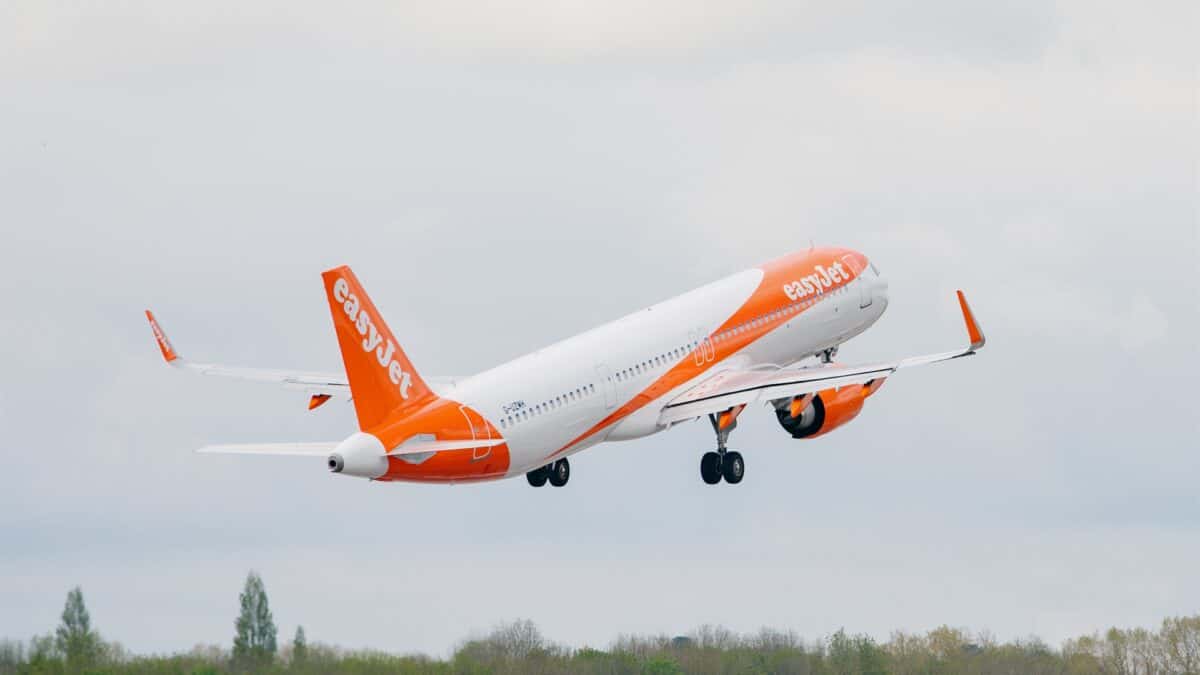Airline companies like easyJet (LSE:EZJ) have seen their shares decline sharply in recent months. Investors have been spooked by signs that the post-pandemic travel boom is running out of puff.
Companies are increasingly having to slash fares to tempt cost-conscious consumers to travel. And if interest rates fail to fall meaningfully, operators may have to keep reducing ticket prices in a blow to their profit margins.
However, trading’s been more resilient at easyJet than at some other major airlines in the UK and overseas. This could be in part down to the FTSE 100 flyer’s low-cost business model.
In the year to date, easyJet’s share price has dropped 9%. Should I consider buying the travel giant for my portfolio?
Sales recovery continues
A terrific set of headline numbers last week didn’t raise any obvious alarms for investors. In it, easyJet said sales rose 11% between April and June, to £2.6bn, which, in turn, drove pre-tax profit 16% higher to £236m.
Passenger numbers increased 8% year on year to 25.3m, while easyJet’s load factor remained stable at 90% as capacity increased.
The airline released some reassuring numbers pertaining to future demand too. It predicted “another record-breaking summer“, and said it had sold 1.5m more seats for the season than it had last year.
However…
That said, there were some causes for concern further down in easyJet’s quarterly update. Total airline revenue per seat rose 1% in Q3, to £81.61. But this was thanks to a 4% increase in ancillary revenues like baggage and seat selection fees.
Airline passenger revenue per seat actually dropped 1% to £56.95, a reflection of rising pressure to bring down fares. It’s a trend that threatens to heat up as price-cutting ramps up across the industry.
Last month Ryanair said its fares had plummeted 15% between April and June, and predicted that ticket costs during the current quarter would “be materially lower than last summer“.
Costs rise too
This problem is all the more worrying for easyJet, given its rising costs. Despite a fall in fuel-related expenses, airline total cost per seat rose 1% in the last quarter.
The company expects costs to continue rising in the current quarter too, in part due to air traffic control disruptions. The recent global IT outage is also likely to push costs higher.
The double whammy of falling fares and growing costs are especially perilous for low-margin companies like airlines. And if increasingly savvy consumers start to cut down on ancillary revenues too — a major money spinner for budget airlines in particular — easyJet could really be in trouble.
Cheap for a reason
Some could argue that these risks are baked into its low share price however. Today, the FTSE company trades on a low price-to-earnings (P/E) ratio of 7 times.
However, I believe this rating’s a just reflection of the risks of owning airline shares. Costs are a constant threat, especially fuel-related expenses. And profits can fall through the floor during economic downturns.
With the ticket price war also heating up with its competitors, I’d rather find other UK value shares to buy right now.








